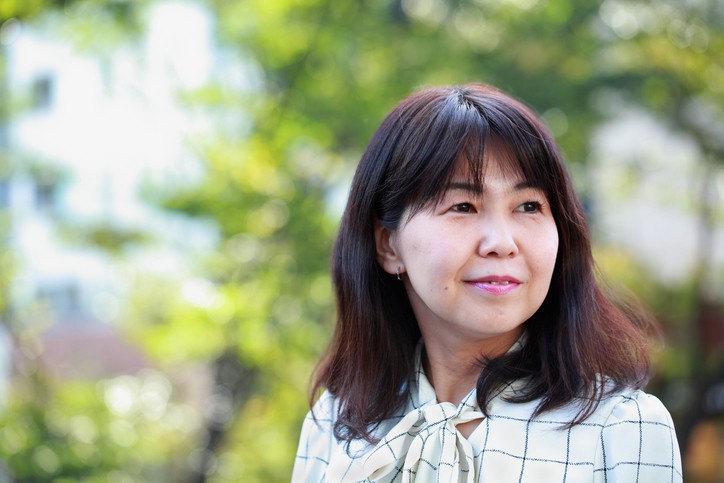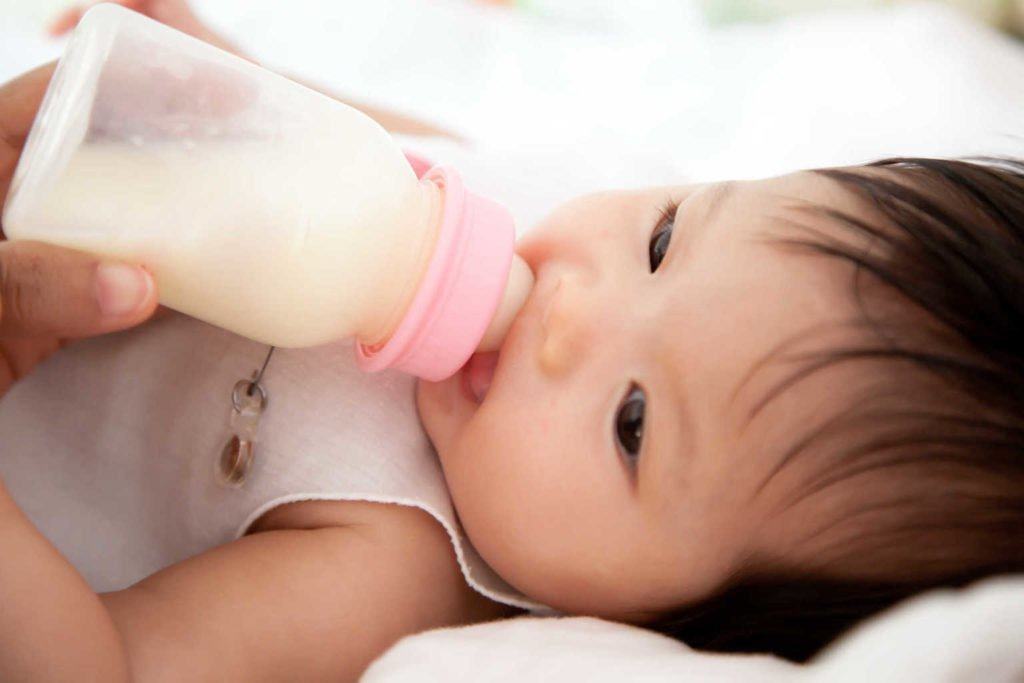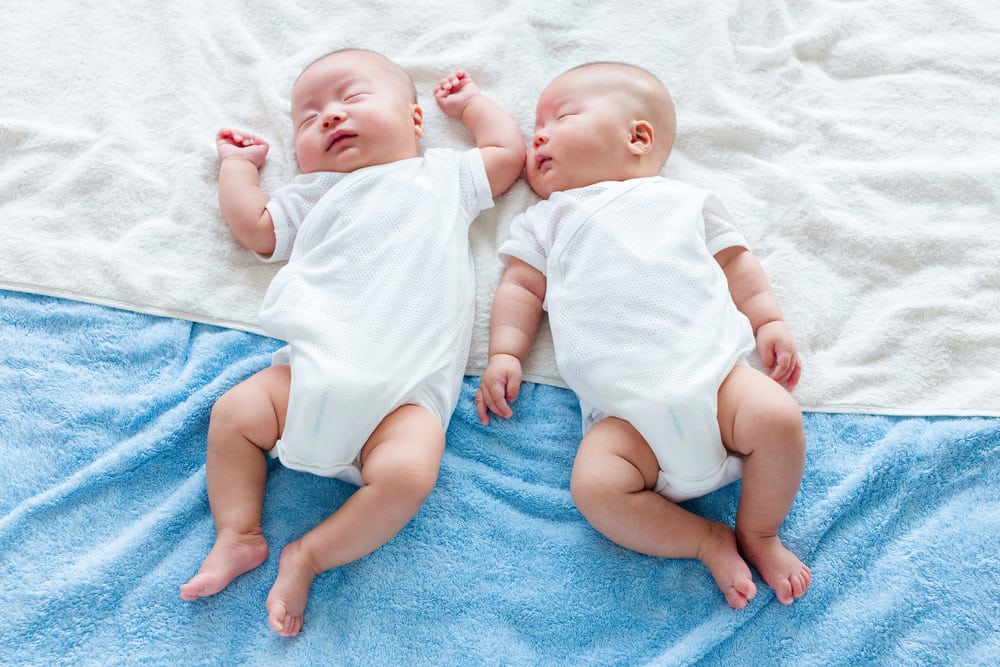Contents:
- Medical Video: 5 Simple Exercises to Test the Age of Your Body
- Biological age is different from chronological age
- What affects the body's age?
- Stressful
- Chemicals from outside the body
- Lack of sleep
- Body age (biological) can predict your health
Medical Video: 5 Simple Exercises to Test the Age of Your Body
How old are you? Maybe you often find people who have the same age, but it seems that one is much older. This could be because the appearance or style of makeup is different, or it can also be because the body age is different from the actual age. Yes, indeed it turns out the body age can be different from your current age.
Biological age is different from chronological age
Biological age is the age of your body's cells that describe how old you look. Meanwhile, chronological age is your current age calculated from your date of birth. The age of your body cells can be older or younger than your actual age. This is what makes a person look older or younger than his age. So it's true, age is just a number.
Experts suspect that telomeres (the very tip that protects chromosomes) make these two ages different. Telomeres function to maintain the end of the chromosome so that its quality does not decrease or so it does not fuse with other chromosomes. This affects how quickly cells change age and die. The more often the cell divides, the shorter the telomere because of it the telomere end will fall each cell divides.
According to Dr. Terry Grossman, founder of Grossman Wellness Center, there is a direct connection between telomere length and body age, the longer you live, the shorter your telomeres are, as quoted by the Medical Daily. This explains that even if you have the same age as your friend, you don't necessarily have the same body age.
What affects the body's age?
Your body age can not be the same as your actual age. Various factors from outside and inside the body can affect cells in your body so that it also affects the age of your body. Some things that can affect your body's age are:
Stressful
Stress can have many adverse effects on you, including the age of your body. Stress can increase the age of body cells quickly. Not only stress, the wrong way to cope with stress, such as eating emotionally, drinking alcoholic beverages, or misusing drugs can also cause your body's age to increase far from your actual age.
Chemicals from outside the body
Chemicals that enter the body can be obtained from any source, such as from food or drinks you consume, from the air you breathe, from cleaning products you use, and much more. These chemicals can accumulate and make the cells of your body work harder to be able to eliminate them from the body. For that, you should pay close attention to every item you use and enter your body.
Lack of sleep
Be careful, often lack of sleep can make the age of your body's cells older than your actual age. Getting enough sleep every day is needed to maintain the health of your body's cells. While sleeping, your body's cells actually work to repair and restore themselves. So, if you lack sleep, cells in the body do not have enough time to do this. Adults are recommended to sleep for 8 hours every night.
Body age (biological) can predict your health
Recent research has shown that biological age can be a better determinant of a person's health than chronological age. Your body's cells are very closely related to body function or body composition, so biological age can be better in determining your chances of getting an age-related disease, such as dementia and osteoporosis.
In a study published by the journal Genome Biology, researchers looked for genes that made participants 65 years old stay healthy. As a result, researchers found 150 genes used to calculate the so-called "healthy age gene score". Higher gene scores are associated with better health in participants. So, by looking at the scores of these genes, researchers can predict your chances of developing age-related diseases.












